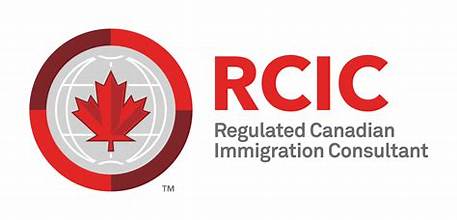Express Entry
Your fast track to Canada Permanent Residency and a brighter future is waiting for your family
- Home
- Immigration to Canada
- Express Entry
Express Entry
Federal Skilled Worker (FSW)
For skilled workers at the federal level. This program does not require a connection to Canada, making it an ideal immigration option for foreign citizens living outside of Canada
Federal Skilled Trades (FST)
For skilled tradespersons in industrial and artisanal sectors. You must meet all the minimum requirements for your skilled trades work experience,
job offer/ certificate of qualification and language ability
Canadian Experience Class (CEC)
A popular choice for foreign workers who have accumulated work experience in Canada and international students who have found employment in Canada after graduation
How to participate Express Entry?
- Language Test Results: You need to achieve a high enough score to demonstrate your English or French language proficiency through tests like IELTS (English) or TCF (French).
- Educational Credential Assessment: To determine your educational level, you'll need an assessment report that equates your foreign educational credentials to the Canadian education system from a recognized organization like WES or ICAS.
- Passport: To verify your identity and immigration status, you'll need a valid passport or travel document.
Once you have organized and prepared these documents, you can submit your application through the Express Entry system and create an online profile.
Through periodic draws, if your score is high enough, you may receive an Invitation to Apply (ITA) for Canadian permanent residency through the Express Entry program
Who is Ideal Candidate
achieving a high CRS score in Express Entry and receiving an invitation to immigrate to Canada.
Factors that increase your chance to receive Invitation to Apply (ITA) in the Express Entry Program
A Job Ofer
If you receive a job offer from a company or organization in Canada, you can gain extra points and increase your likelihood of being invited to participate in the program
Provincial Nomination
If you receive a nomination from a province or territory through the Provincial Nominee Program (PNP), your CRS score will significantly increase, giving you priority in receiving an invitation to join Express Entry
French-Language Advantage
Proficiency in French, in addition to English, is highly valued by Canada. Demonstrating strong French language skills through recognized tests can earn extra points in the Comprehensive Ranking System (CRS). This boosts your chances of receiving an Invitation to Apply (ITA) for permanent residency in Canada
Alternative Routes to Canada Express Entry
What can we help you?
GreenTech Resources Worldwide Canada can assist you in increasing your Comprehensive Ranking System (CRS) score for Express Entry in several ways:
Profile Assessment
Our RCIC and expert team can evaluate your qualifications, work experience, and personal circumstances to identify areas where you can improve your CRS score.
Language Proficiency
We can provide guidance on improving your language skills in English and/or French, as higher language test scores can significantly boost your CRS points.
Educational credential assessment
We can help you navigate the process of obtaining an ECA for your foreign educational credentials, which can add points to your CRS score.
Secure a Job Offers
We can assist in searching for job in Canada, which can be worth a substantial number of CRS points. We can also help you understand the requirements for a valid job offer, resume preparation and interview coaching.
Provincial Nominee Programs (PNPs)
We can advise on PNPs and help you prepare for provincial nominations, which can add valuable points to your CRS score.
Claim extra score for family connection
If you have a sibling in Canada who is a citizen or permanent resident, we can help you understand how to claim additional points for this family connection



